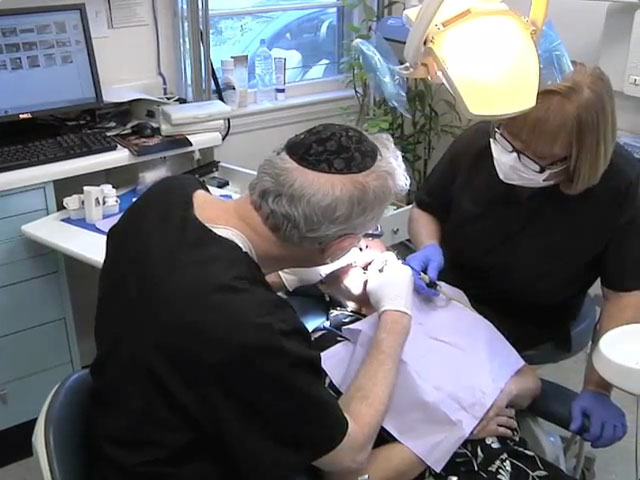Sleep plays a vital role in our overall well-being, influencing various aspects of our health, from cognitive function to immune system strength. With sleep disorders on the rise, many individuals are seeking natural remedies to improve their sleep quality. Probiotics, commonly known for their beneficial effects on gut health, have gained attention as a potential solution. But can these live microorganisms really help us achieve a good night’s sleep? In this blog post, we will explore the relationship between probiotics and sleep, diving into scientific research to determine whether they hold the key to better sleep.
Understanding Probiotics
Before delving into the connection between probiotics and sleep, it is essential to understand what probiotics are and how they work. Probiotics are live microorganisms that provide health benefits when consumed in adequate amounts. These friendly bacteria primarily reside in our digestive tract, where they help maintain a healthy balance of gut flora, aid in digestion, and support our immune system.
The Gut-Brain Axis
Recent studies have revealed a fascinating connection between the gut and the brain known as the gut-brain axis. This bidirectional communication system allows the gut and brain to send signals to each other through various pathways, including the nervous system, hormones, and immune responses. The gut microbiota, which includes probiotics, plays a crucial role in this complex relationship.
Emerging evidence suggests that gut microbiota can influence brain function and behavior, including sleep regulation. Probiotics, by modulating the gut microbiota composition, may impact this intricate relationship and potentially improve sleep quality.
Probiotics and Sleep Quality
Several studies have explored the effects of probiotics on sleep quality, albeit with varying results. One study conducted on individuals with self-reported sleep disturbances found that a specific probiotic strain improved sleep quality, reduced the time it took to fall asleep, and increased total sleep time.
Another study examined the impact of a different probiotic formulation on sleep quality in individuals with mild insomnia. Participants taking the probiotic reported significantly improved sleep efficiency, reduced waking time after sleep onset, and increased overall sleep quality compared to the placebo group.
While these studies provide promising results, it is important to note that the effects of probiotics on sleep can be strain-specific. Each probiotic strain has unique properties, and more research is needed to identify which strains are most effective for improving sleep quality.
Mechanisms of Action
The mechanisms by which probiotics influence sleep are not yet fully understood. However, scientists speculate that probiotics may impact sleep through various pathways. One hypothesis is that probiotics can reduce inflammation in the body, including the brain, thereby promoting better sleep. Probiotics may also influence neurotransmitters such as serotonin, which plays a key role in sleep regulation.

Moreover, probiotics can enhance the production of certain compounds, such as short-chain fatty acids, which have been associated with improved sleep quality. These metabolites may help regulate sleep-wake cycles and promote relaxation.
Conclusion
While the link between probiotics and sleep quality shows promise, more research is needed to fully understand the specific strains, dosages, and mechanisms of action involved. Probiotics are generally safe for consumption, but consulting with a healthcare professional is always advisable, especially if you have underlying health conditions or take medications.
It is worth noting that sleep quality is influenced by various factors, including lifestyle habits, stress levels, and sleep hygiene practices. Incorporating probiotics as part of a holistic approach to sleep improvement, along with maintaining a consistent sleep schedule, creating a relaxing bedtime routine, and optimizing the sleep environment, may offer a comprehensive solution to achieving restorative and restful sleep.
In conclusion, while the current evidence suggests a potential benefit of great probiotics in improving sleep quality, further research is required. Nonetheless, considering the overall health benefits of probiotics and their role in gut-brain communication, incorporating them into a balanced and healthy lifestyle may contribute positively to your sleep patterns.





